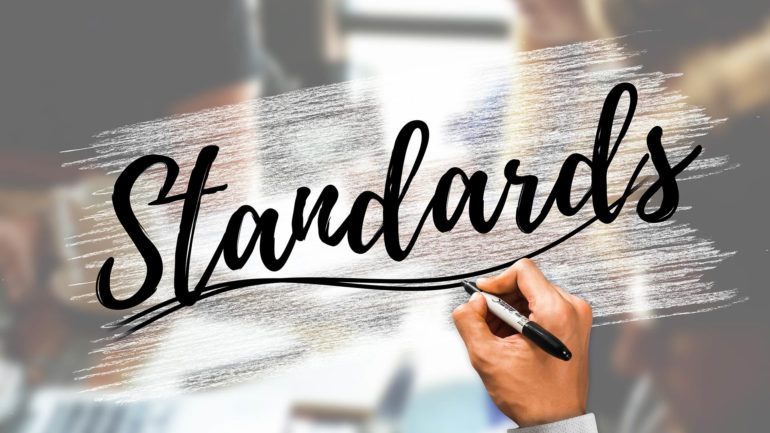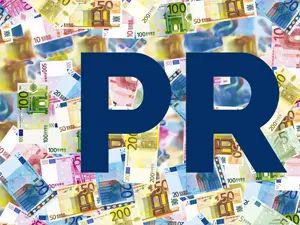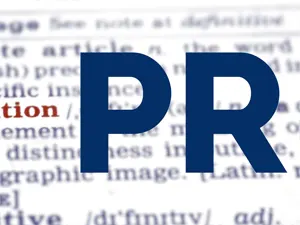
How to deal with influencers
The relatively young influencer marketing still has to struggle with many problems. There are no clear guidelines on how to deal with influencers and the ongoing media coverage of purchased likes and followers is scratching the credibility of the industry.
And yet, the importance of influencer marketing has increased in recent years and companies are spending a lot of money on cooperation. For this reason, the Federal Association of Influencer Marketing (BVIM) has now developed a code of honour for influencer communication together with the communication scientists Nadja Enke and Nils S. Borchers from the University of Leipzig.
The Code of Honour is intended to be an action orientation for influencers, clients and agencies and is summarised in ten rules
These are:
- All actors act independently
- All actors act transparently
- All actors act sincerely
- All actors act truthfully
- All actors are responsible for caring for vulnerable or disadvantaged groups
- All actors act professionally
- All actors have an appreciative attitude towards each other
- All actors treat each other with respect
- All actors are loyal to each other
- All actors act responsibly
“The guidelines clearly go beyond existing legal regulations. Nevertheless, it is the responsibility of industry participants to inform themselves about the existing legal basis and to comply with it,” explains Borchers.
Influencers operate at the interface of journalism, marketing and public relations, all of which have their own ethical and sometimes contradictory standards. And “the functional constellations in which influencers, organisations and intermediaries operate lead to further problems specific to the industry (e.g. fake followers, child influencers)”, according to the association’s code of honour. For this reason, ethical guidelines from advertising, PR, journalism and online communication as well as expert opinions from influencers, company and agency representatives were taken into account when drawing up the code. The result is a scientifically based code that is independent of the interests of the association. “This independence was important to us in order to be able to offer our members the best possible, but also credible ethical orientation in the future,” says BVIM Chairman Stefan Doktorowski.
In addition to the 10 guidelines, concrete instructions for action were also formulated. According to these guidelines, influencers should always label advertising content as such and not publish it as editorial contributions. Service providers should truthfully disclose information on reach, interaction, clicks etc. of influencers and organisations. Companies should only enter into cooperations that are compatible with their own values and guidelines.




0 Comments